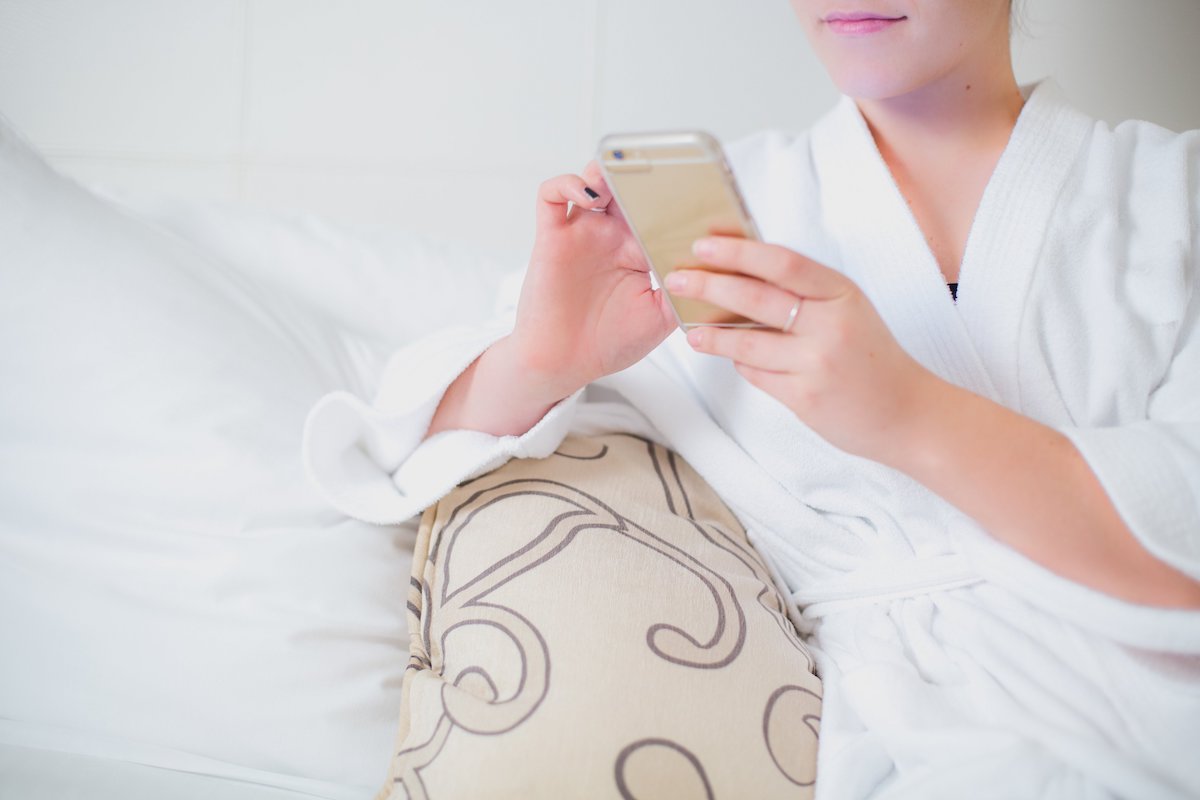Good News, Looking at All Those COVID-19 Memes May Actually Good for You

According to a new study, looking at COVID-19 memes could be helping us cope with pandemic-related anxiety.
The study comes from Penn State researchers and was published in Psychology of Popular Media. All participants were shown images that they were told were from the internet. Half of them were shown memes—some of them related to COVID-19—while the other half were shown similar images, like cute animals or just colored squares but with no text or non-meme captions.
Those who were shown the memes said they were “more content, or amused or relaxed” afterward. Those shown other images didn’t report those same feelings.
OK, self-reporting studies always come with some caveats and questions, and it might sound like a bit of stretch to get from those results to saying memes help cope with pandemic stress. But no one is claiming that looking at a few memes is going to erase all our anxiety. And the researchers say there is a “direct connection” between the positive emotions felt when viewing these memes and the ability to handle that anxiety, especially when the subject matter of the memes is related to our stressors.
“Compared with viewing other media content, viewing memes resulted in Internet users experiencing greater humor and positive emotions,” the study reads. “When Internet users viewed memes with captions focused on COVID-19, they reported lower COVID-19-related stress levels than if they viewed memes focused on other topics, suggesting that tackling a stressor directly with humorous popular media content can benefit our emotional state and stress levels.”
In addition to just infusing a bit of humor into a situation, there are other possible benefits to meme-sharing. They can offer a way to articulate something the viewer might be feeling but unable to otherwise process or communicate. They can create a “shared cultural experience” for viewers. Memes may be simple but they often utilize some form of contradiction or absurdity in expressing their point, encouraging viewers to think more deeply about the material than non-meme captions.
Especially for those of us who subject ourselves to a never-ending stream of straight COVID-19 news, “this form of popular media could potentially buffer against the deleterious emotional side effects of consuming COVID-related information and help individuals to cope with it,” the study says.
Again, memes aren’t going to cure our anxiety, but it might be a reason to give extra thought to how we’re curating our social media feeds–especially since the study comes right on the heels of those leaked internal reports from Facebook illustrating just how damaging social media can be for our self-esteem.
So if you feel like you’ve spent too much of the last year and a half (plus) looking at memes, don’t worry. It was self-care all along.
— Roberto Scalese (@BertoScalese) March 5, 2021
March 1st 2020 vs March 1st 2021 pic.twitter.com/lsXzDTkrTz
— it was rachatha all along (@RachelLeishman) March 1, 2021
My Plans: 2020: pic.twitter.com/YqRmTYe2dT
— Chelsea “Renew Coffin Flops” Steiner (@ChelseaProcrast) May 18, 2020
2021 pic.twitter.com/I9geh5Luzx
— 🌜a n n a🌛 (@lupinscardigan) January 1, 2021
(image: Shopify Partners from Burst)
Want more stories like this? Become a subscriber and support the site!
—The Mary Sue has a strict comment policy that forbids, but is not limited to, personal insults toward anyone, hate speech, and trolling.—
Have a tip we should know? tips@themarysue.com